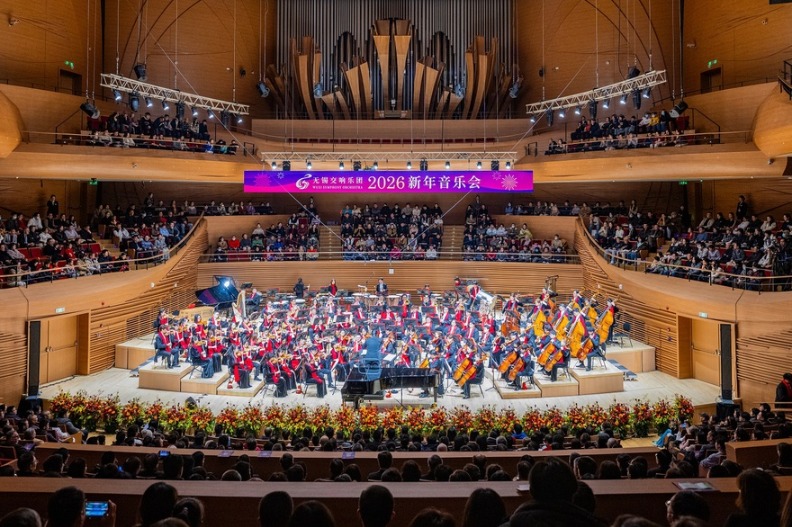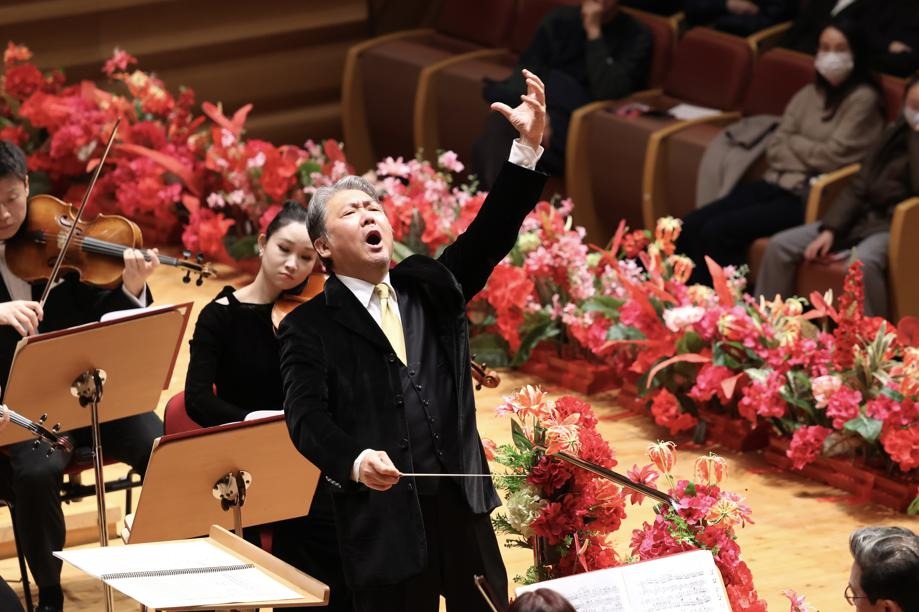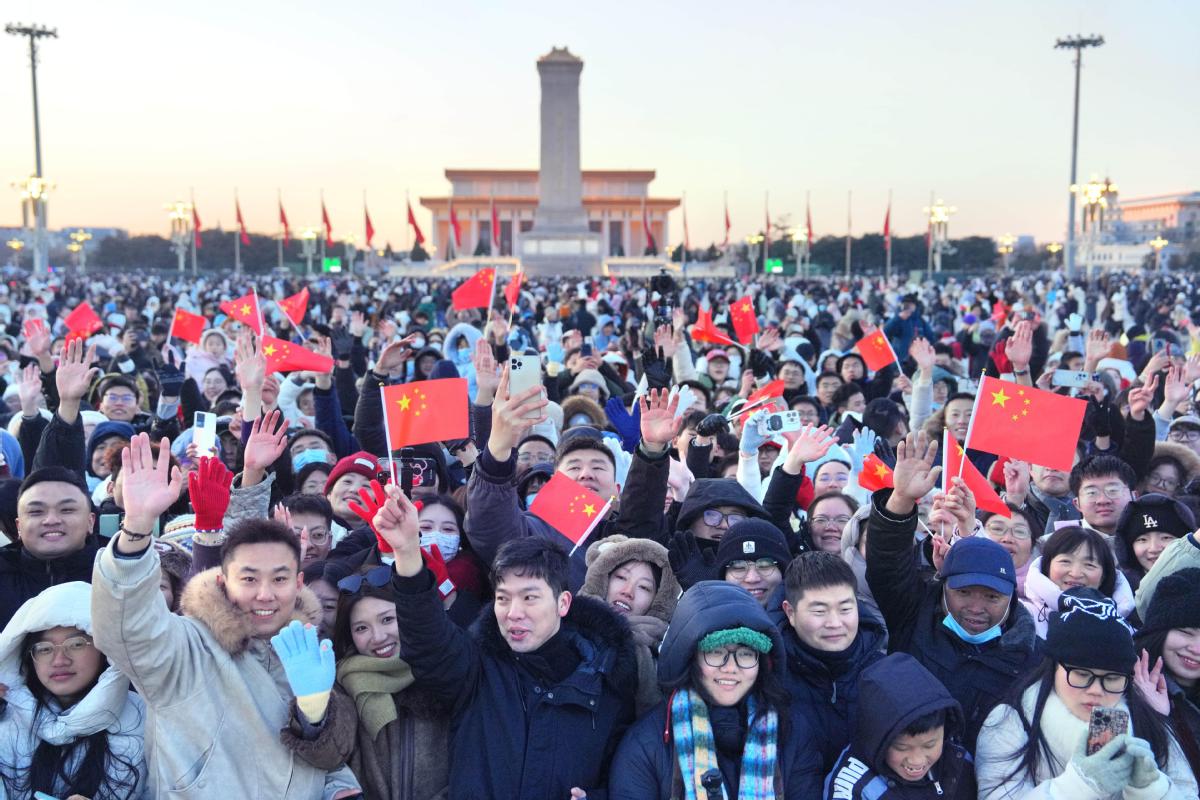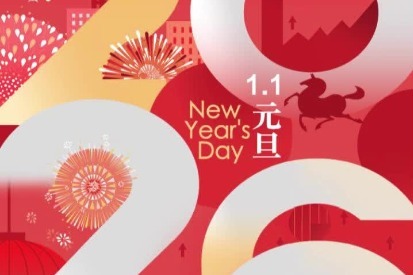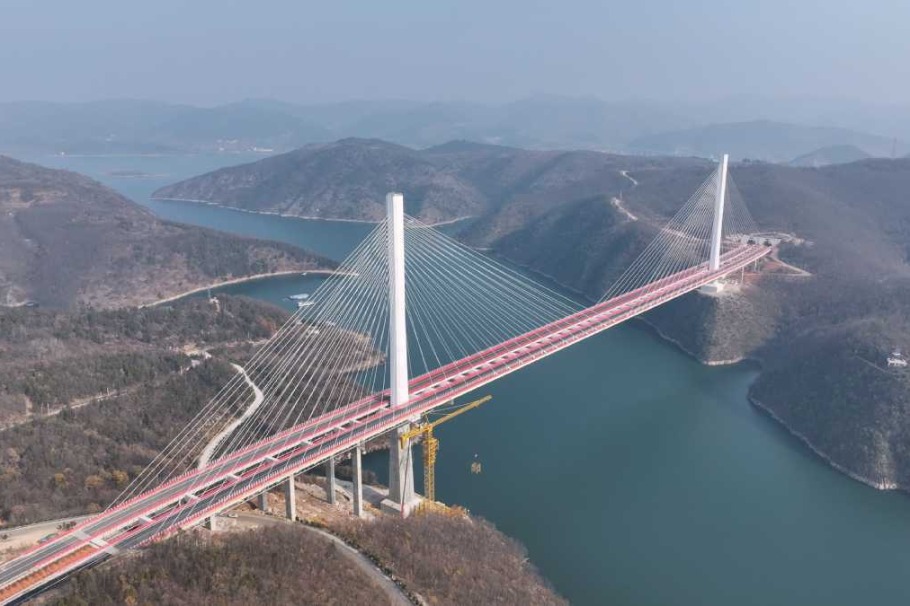Initiatives point way to peaceful, equal global order

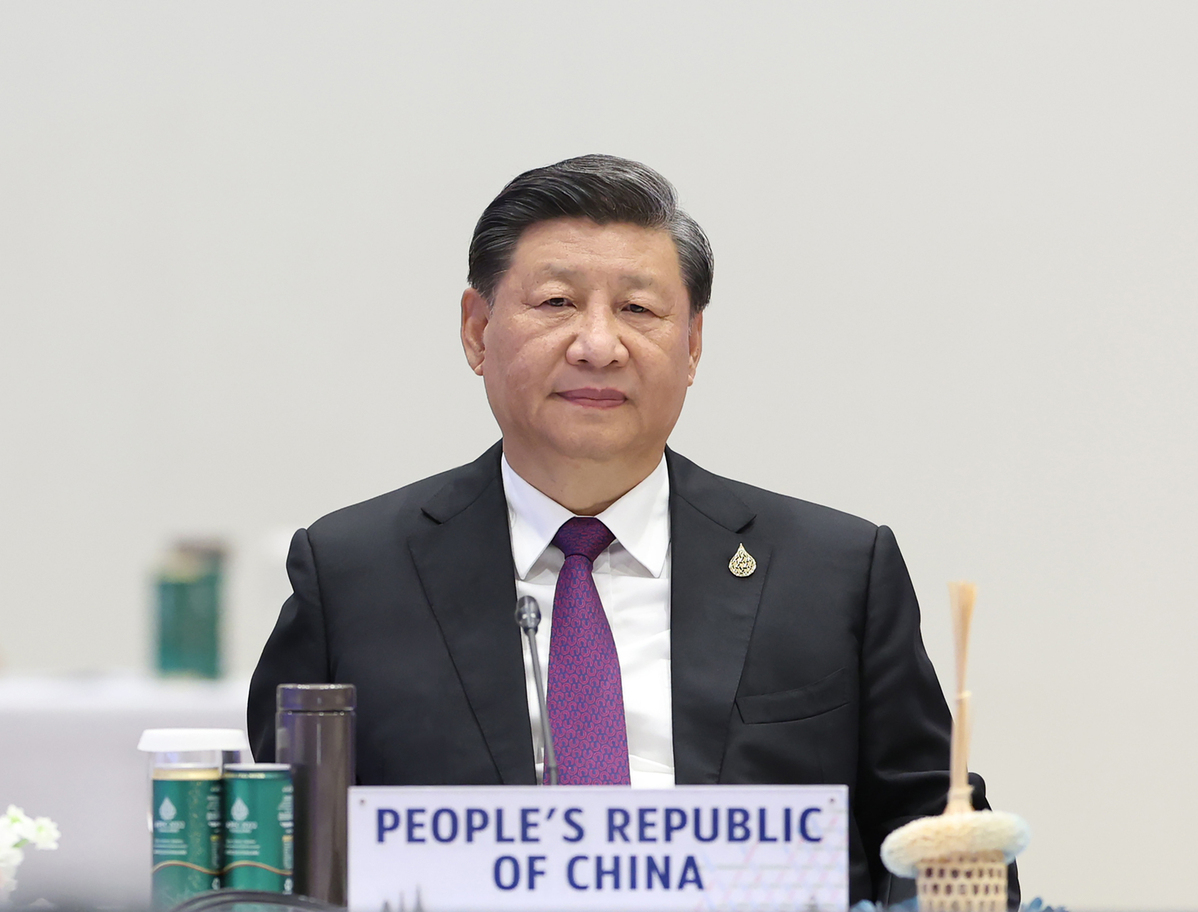
Common challenges in today's world are exposing a truth that the present global system is unbalanced and inadequate in terms of economic development, environmental preferences and security needs. Highly in favor of a few rich countries and people, the system has resulted in multifaceted problems including poverty, inequality, environmental degradation, climate change and food insecurity.
President Xi Jinping has long promoted the vision of a community with a shared future for mankind, reiterating this philosophy at the United Nations General Assembly in 2015, at the Geneva UN gathering in 2017 and at the recent G20 Summit in Bali, Indonesia. Xi has also launched initiatives to support his vision.
Xi started the journey of reforms on the economic and development fronts by first proposing the Belt and Road Initiative, which serves the world on two fronts. On the one hand, it is helping developing and least-developed countries to realize their dream of economic growth and development. On the other hand, it is helping the world to bridge the investment gap, which is increasing with each passing day.
Because it is open, inclusive and equality-based, the BRI is attracting a vast majority of countries. According to the latest statistics, it has 149 participant countries.
President Xi is also making the BRI a green initiative. For that purpose, he introduced facilitating programs at the second BRI Forum in 2019. Among them, the BRI International Green Development Coalition is leading the way in implementing the vision of green development. The coalition is busy enhancing the capacity of partners and helping countries to formulate green growth and development policies.
Meanwhile, the launch of the Asian Infrastructure Investment Bank meets the financial needs of countries. The bank, which focuses on green development, innovation and new ways of economic growth and development, is now the world's second-largest development bank, with 105 members, after the World Bank.
Moreover, the China International Import Expo in Shanghai has created opportunities to enhance imports from around the world, especially from least-developed and developing countries.
On the development side, President Xi proposed the Global Development Initiative, another of his signature proposals, at the 76th session of the UN General Assembly in September last year. He devised the GDI as a way to bridge the development gap and meet the urgent needs of countries. In addition, the people-centered GDI is a program designed according to the needs of least-developed and developing countries, and it aims to realize the dream of inclusive and equitable development — a core part of a community with a shared future for mankind.
Diplomacy and security are other areas in which Xi is pushing for reforms. First, Xi strengthened the Shanghai Cooperation Organization and helped expand it by creating economic and development opportunities. China is also working with the other members of BRICS — the grouping of Brazil, Russia, India, China and South Africa — to strengthen it so it can play a more effective role at the global level.
Moreover, Xi has highlighted major-power coexistence of no conflict and win-win cooperation, trying to bring China-US relations back to a normal track. China has also expanded the scope of bilateral and regional forums.
The Global Security Initiative that Xi proposed at the 2022 Boao Forum for Asia is a comprehensive security guarantee for the benefits of all members of the global community. The GSI is built on the four pillars of common, comprehensive, coordinated and sustainable security. The fundamental principle of the GSI is that the legitimate security concerns of all countries should be respected.
Xi's initiatives prove that China is taking practical steps to make global governance better by adhering to four basic principles.
First, he is trying to introduce programs and reforms that ensure equal opportunities for development, especially for the least-developed and developing countries. Therefore, he has kept less-developed countries' interests at the core of programs.
Second, he promotes respect for the sovereignty, dignity and interests of all, without any discrimination. He opposes hegemony or bullying of any country and considers it to be against basic human values.
Third, he advocates that for a peaceful world, we need to join hands. We need to come out of silos, leave behind the mentality of building walls and work instead to build bridges. He promotes partnerships and discourages alliances, as he deems that alliances give birth to senseless competition, which leads to conflicts. He also emphasizes that development and dialogue should move hand in hand to solve global conflicts, wars and challenges.
Fourth, Xi is a great proponent of green growth and sustainable development. Thus, he has introduced the vision of construction of ecological civilization to create harmony between humans and nature. He has introduced initiatives such as the green BRI and high-quality development and established funds like the Kunming Biodiversity Fund to implement the vision of ecological civilization. He is also asking the world to join hands to create harmony between humans and nature.
It is hoped that the proposed reforms will contribute to building a peaceful, developed and equality-based community with a shared future. It is well accepted that reforms take time to mature and that continued support will help the reforms to mature for a better world.
The author is CEO of the Asian Institute of Eco-civilization Research and Development, a think tank in Pakistan. . The views do not necessarily reflect those of China Daily.
















